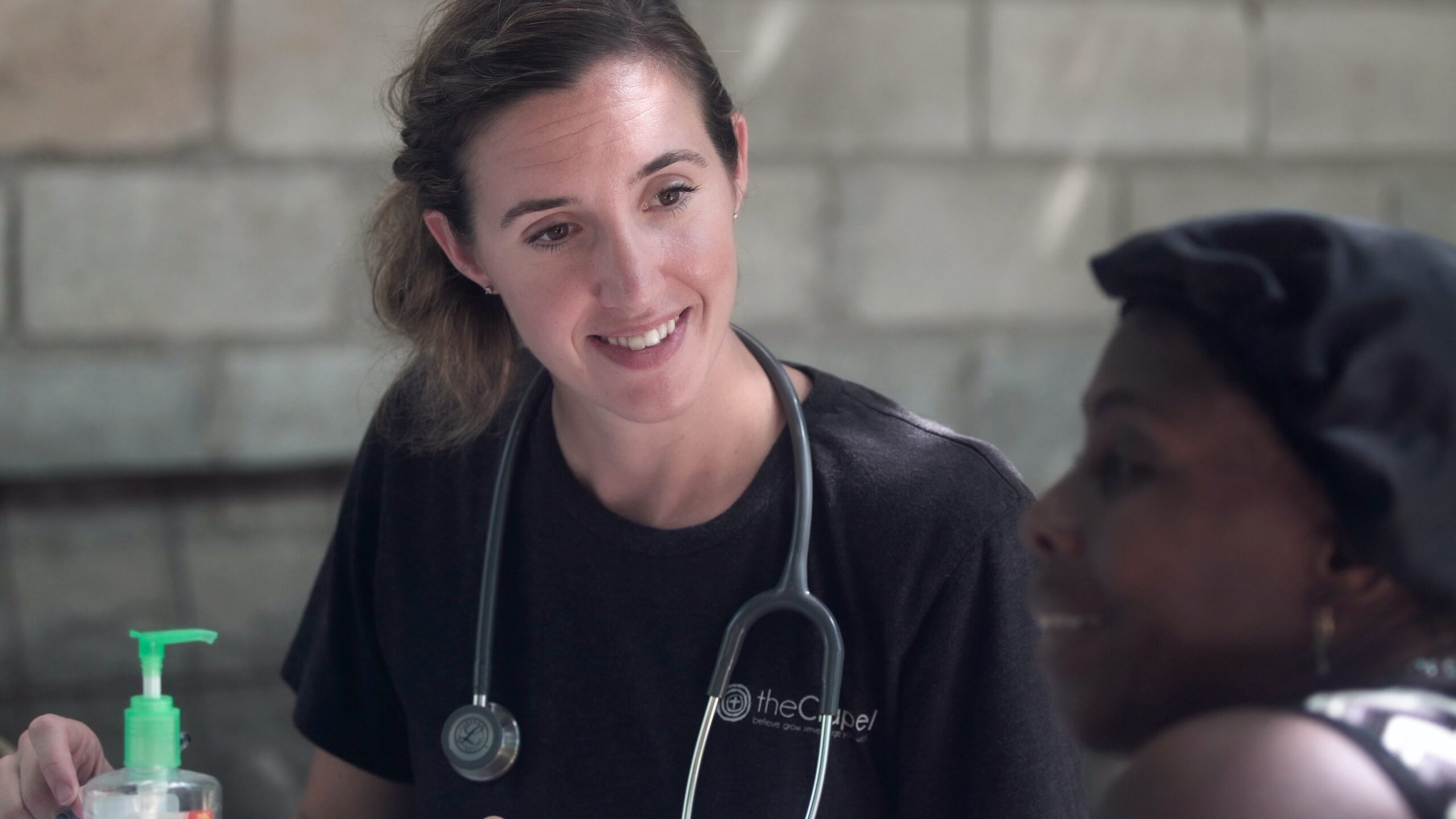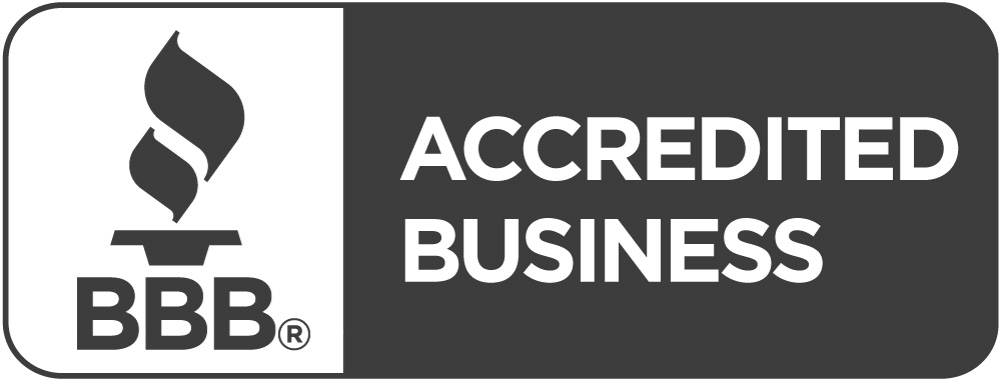What are the consumer needs within the healthcare industry? Find out: (800) 408-3408.

Not many of us automatically think of healthcare when we think of consumerism. However, patients are healthcare consumers, and their behaviors should be analyzed and explored to understand their decision-making processes better. When we refer to medical consumers, we are referencing individuals who seek and “make informed decisions about their healthcare options.”1 Like other consumers, those seeking healthcare have the power of choice.
How can providers inform the decisions of healthcare consumers and increase patient retention? One approach to understanding consumer decision-making is by exploring their wants and needs. From there, providers can create customized solutions to meet their wants and needs. When providers fail to consider the market’s expectations and demands, they may see a decrease in patient satisfaction and retention.
McKinsey research identifies healthcare consumers’ needs and wants
Ultimately, the needs and wants of a healthcare consumer depend entirely on the patient. Some healthcare consumers may prioritize convenient access, while others want the highest quality of care, despite its convenience. Despite this, understanding healthcare consumerism on a broader scale can still inform your plan to remain competitive in the market.
McKinsey researchers surveyed medical care consumers in a 2018 Consumer Health Insights (CHI) Survey.2 Here is what the survey showed regarding what patients want and need when they seek healthcare.
Personalized experiences
Patients want to feel like their doctors care about them as people. They want to feel heard and listened to. Providers should make it a point to familiarize themselves with healthcare consumers to better understand their priorities. Simply striving for personalized experiences isn’t enough without a plan of action and goals. You want to track progress and create measurable objectives to monitor patient engagement and experience.1 For example, you can garner feedback from hospital leaders and patients to get a baseline understanding of how your medical team is serving patients. From there, you can set goals for future feedback you may receive.
Easy access
Healthcare consumers want to access care when they need it. Providers should look for opportunities to increase accessibility and convenience for patients when possible. What are the barriers to patients receiving care? Are calls being answered when they try to schedule a visit? Are voicemails being returned? Are there availability barriers with your current schedule? Determine where patients may be running into issues with receiving care. One way you can evaluate obstacles in medical care is by surveying employees and patients for feedback, as mentioned previously.
Innovative products
The McKinsey survey indicates that patients are more open to and familiar with products that improve access and convenience than in 2015. They expect innovative products to make intake easier, such as “online medical visits, activity trackers, electronic health records, online scheduling, and digital appointment reminders.”2 Medical administrators should consider this when discussing new client-facing tools and software.
How failing to meet patient needs affects providers
Medical facilities that aren’t embracing innovation are missing out on critical patient engagement opportunities. Personalizing your patient interactions can build trust, loyalty and satisfaction. Ensuring programs are easily accessible ensures your calendar stays booked. Enabling appointment reminders can reduce no-shows and minimize wasted resources. By putting patients’ needs and wants first, you can improve the functionality of your practice.
Virtual receptionists provide convenient, consistent and compassionate coverage
Our virtual receptions are available 24 hours a day, seven days a week, for medical answering and appointment scheduling. Our medical receptionists receive over 85 healthcare answering service training hours to provide top-tier assistance. We service over 650 medical offices, including specialty groups, hospitals and family practitioners. We can directly input client data in real time with direct EHR software integration.
Contact Nexa Healthcare, a leading medical answering service
Get in touch with a remote medical receptionist to help meet the needs of your patients. Call (800) 408-3408 or contact us online to discuss how Nexa Healthcare can benefit your practice.
Sources
- American Hospital Association. Focus on Consumerism to Drive Health Care Value. https://trustees.aha.org/focus-consumerism-drive-health-care-value
- McKinsey & Company. Healthcare consumerism today: Accelerating the consumer experience. https://www.mckinsey.com/industries/healthcare-systems-and-services/our-insights/healthcare-consumerism-today-accelerating-the-consumer-experience








































































